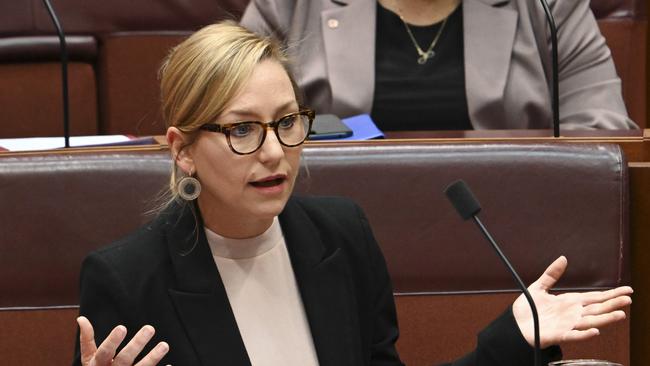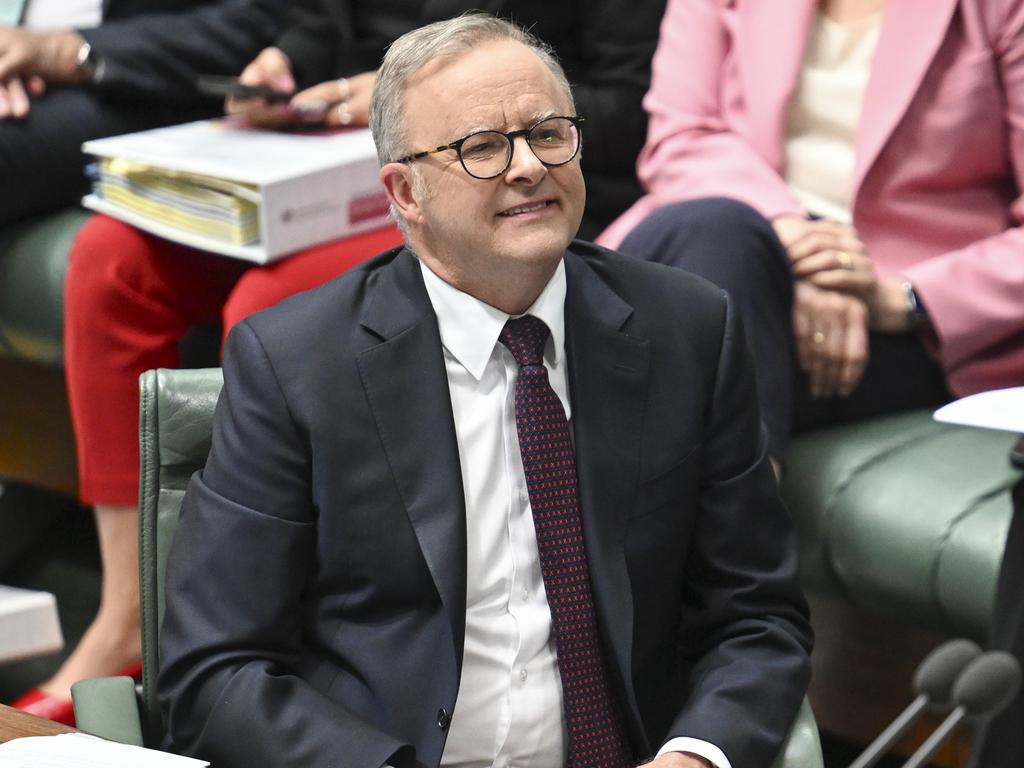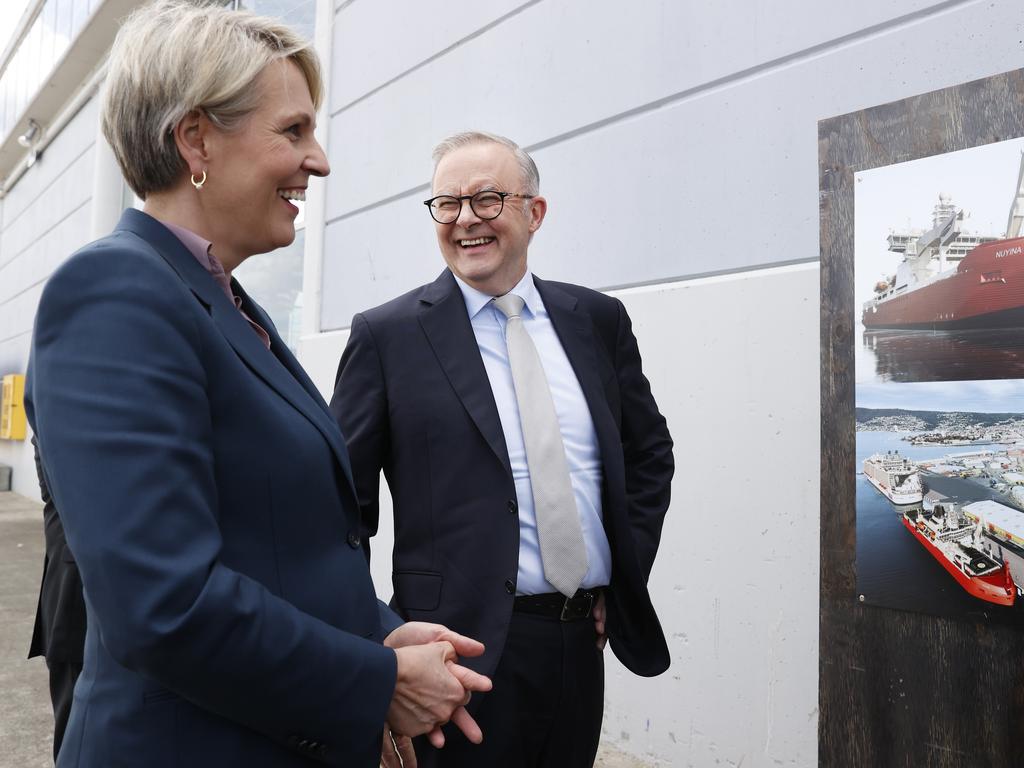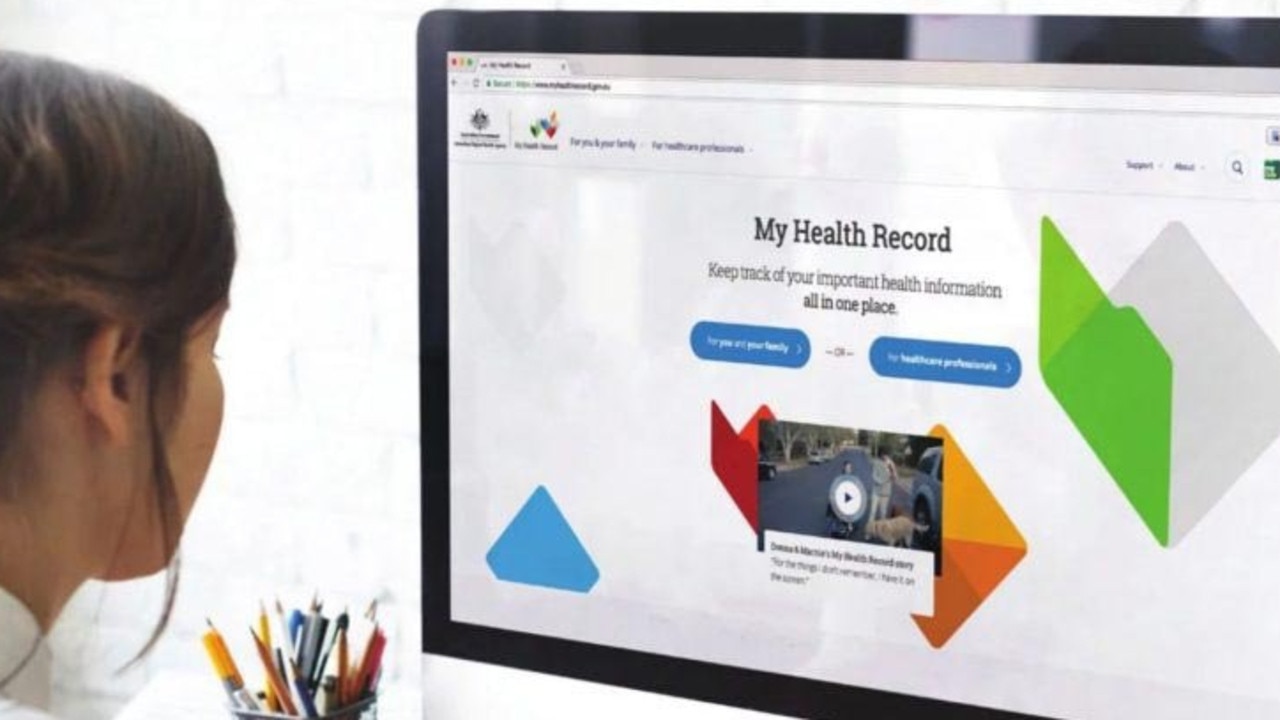Greens unveil free contraception policy ahead of federal election
Contraception would be free for women under a $250m-a-year election pitch from the Greens to combat gender inequality.

Contraception would be free for women under a $250m-a-year election policy unveiled by the Greens, in a cost-of-living pitch to voters to combat gender inequality.
The Greens announced that fully funding oral contraception and intrauterine devices would be a pillar of the minor party’s federal election policy platform, by eliminating the contribution women pay under the Pharmaceutical Benefits Scheme.
Under the proposal, non-PBS listed contraceptives and the insertion and removal of IUDs would be fully subsidised. A new Medicare item for contraceptive counselling would be created so consultations would be free to patients.
Greens Senator Larissa Waters said removing the cost barrier to accessing contraception would address gender inequality during tough economic conditions.
“We are in a cost-of-living crisis and in the face of financial stress and gender inequality, the Greens will take to the election a commitment to provide women with free access to contraceptives,” Senator Waters said.
“There are 4.8 million women in Australia using contraceptives and making them free would save women hundreds of dollars a year and empower women to make decisions about bodily autonomy despite a difficult financial climate.”
Senator Waters, who is the Greens spokeswoman for women’s issues, said the policy had been proven to lead to fewer unplanned pregnancies and provide women with greater reproductive choices. There are free contraception policies in place in Britain, France, Ireland and some Scandinavian nations.
“Oral contraceptives can cost hundreds of dollars annually, especially the modern pills with fewer side effects, and long acting reversible contraceptives are in the hundreds, leaving many women to cut corners and use cheaper options, or go without contraception,” Senator Waters said.
“The Greens policy would eliminate the PBS co-payment and subsidise non-PBS listed contraceptives plus the cost of inserting IUDs, as well as creating a contraceptive counselling MBS item so that all parts of the process will be free to the patient.
“Our policy would make sure people can access the contraception that works for them, regardless of their bank balance and whether they live in the city, the country, or are studying on a visa.”
Senator Waters said a Senate inquiry she led into reproductive healthcare had recommended contraception should be made more affordable and accessible.





